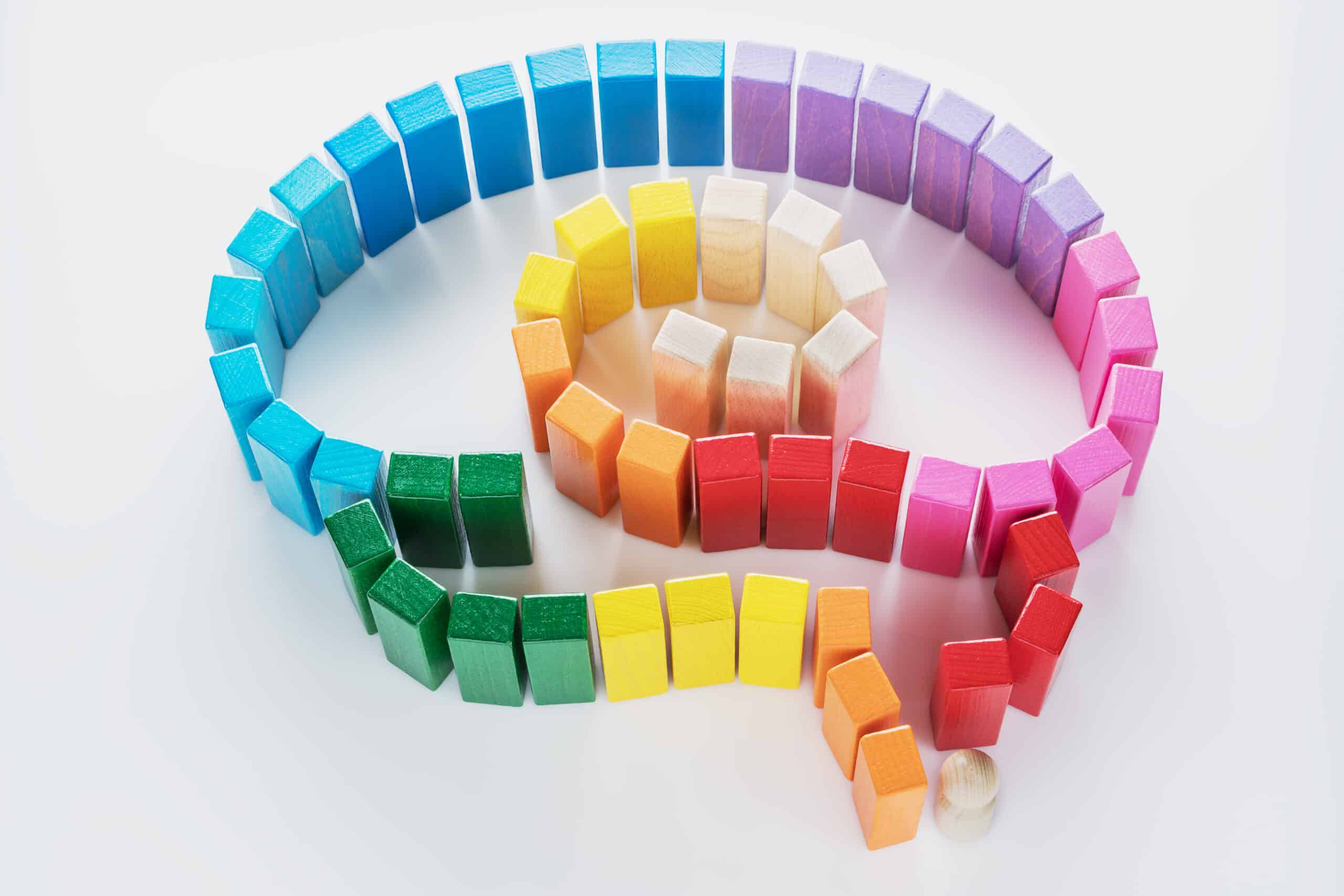Aging can have several harmful side effects, among them a decline in hand dexterity can lead to difficulty performing daily tasks like opening a jar, writing, gardening, and cooking. Detrimental aging-related changes affect both men and women, especially those who are 65+ years old.
Preserving hand dexterity is essential for day-to-day living and maintaining independence among older adults. The researchers in this study set out to investigate whether home-based repetitive manual dexterity training is capable of selectively improving cognitive functioning.
57 elderly adults with a mean age of 73.6 ± 6.1 were randomly divided into 28 intervention groups and 29 control groups. The intervention group performed manual dexterity training for 12 weeks, and the researchers also examined brain activation/cognitive load patterns during the performance of the manual dexterity training.
The researcher found that the intensity of the level of training positively correlated with the amount of active blood hemoglobin measured in the prefrontal cortex. Executive function was observed to have considerably improved among the cognitive functions in the intervention groups as compared to the controls. Other cognitive functions did not improve considerably, but the effect size of these functions was found to be higher in the intervention groups than in the control groups.
The researchers noted that the findings of this study suggest that home-based manual dexterity training can help to improve hand dexterity and cognitive functioning in older adults.




